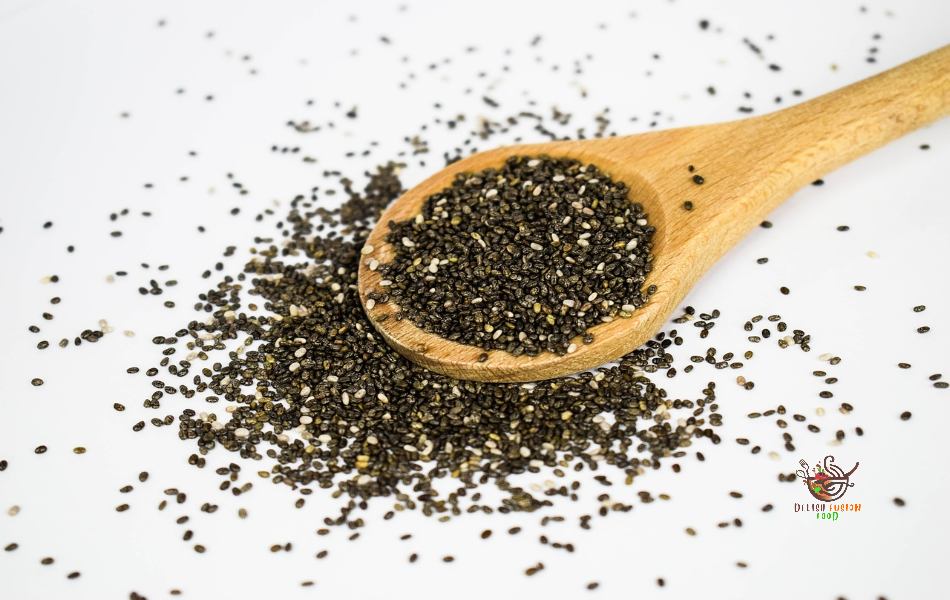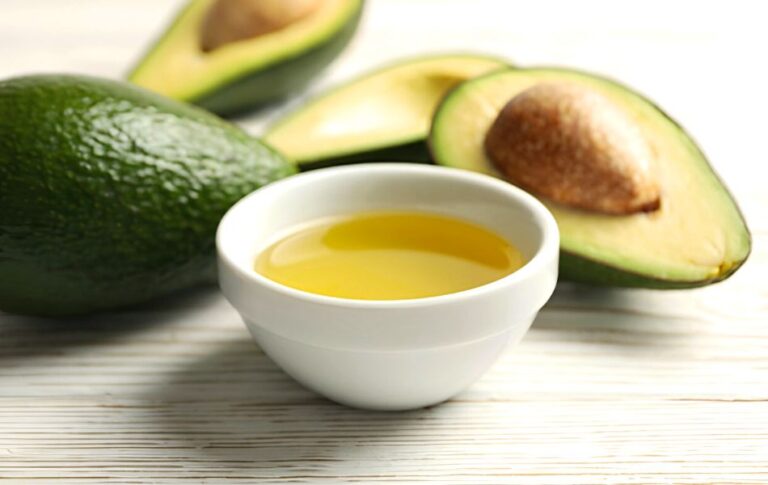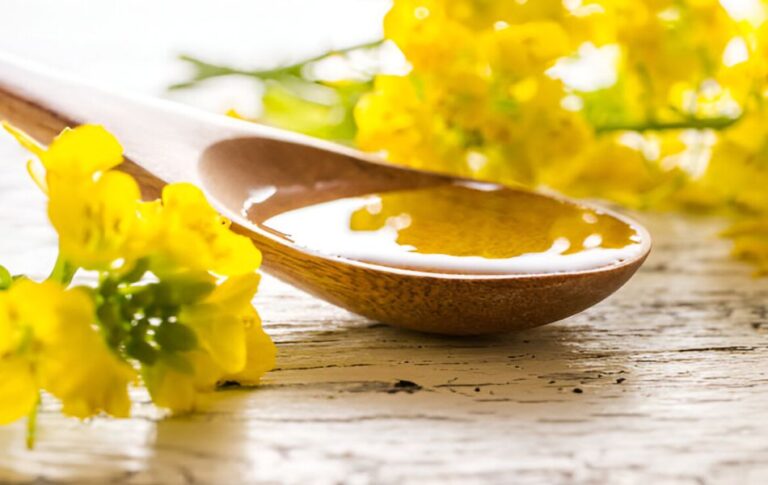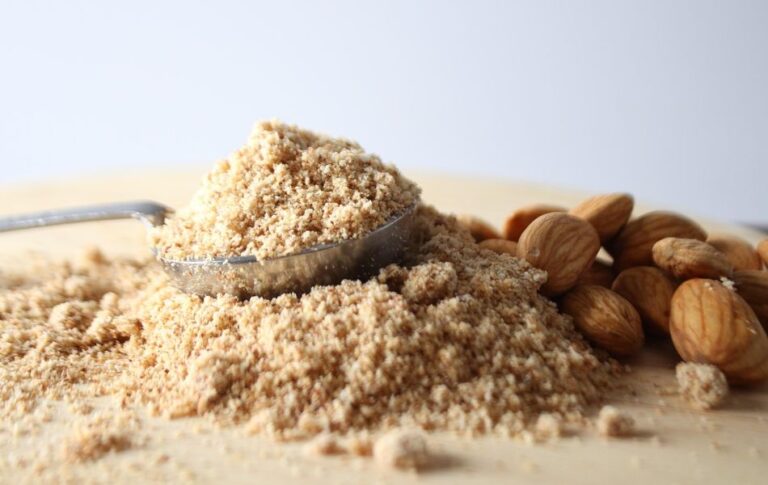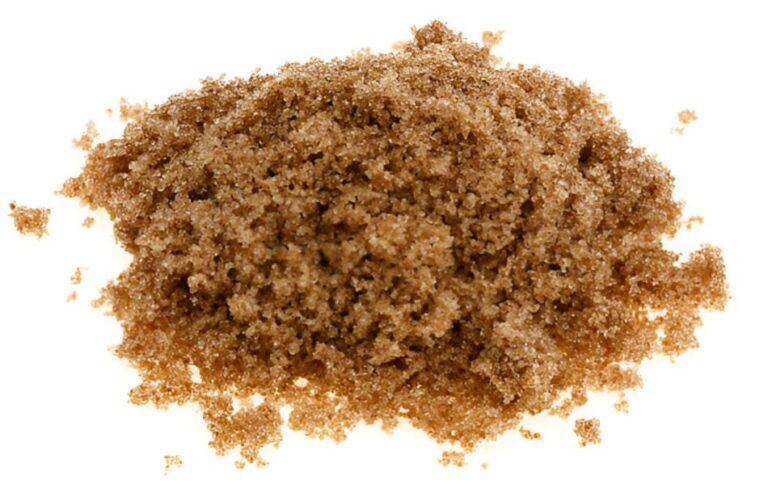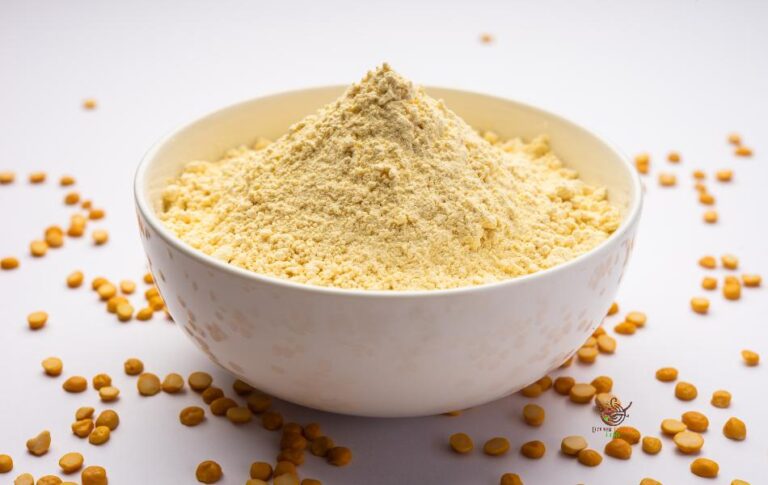Chia Seed Substitutes: Making the Healthy Swap
Chia seeds, a rising kitchen star, offer health benefits like ample fiber and Omega-3s. Popular among the health-conscious. Chia seeds have a mild taste and can be sprinkled on food or mixed with water for added nutrients. They also serve as a handy egg substitute, making them a hit with vegans and vegetarians.
If you run out of chia seeds for a recipe, don’t fret. You can easily swap them with alternatives in various dishes, be it a warm meal, dessert, or overnight oats. For chia seed replacements, try sesame seeds, psyllium husks, oat bran, quinoa, flaxseed, banana, egg, or yogurt. This resource provides chia seed Substitutes info for your favorite recipes.
Getting to Know Chia Seeds
Chia seeds, derived from the chia plant, are considered a ‘superfood’ for their rich content. They originate from the Salvia Hispanica plant in Central America. These seeds have a long history, going back to the Aztecs around 3500 BC. Now they’re primarily produced in Mexico, Guatemala, Central America, and South America.
Chia seeds are a nutrient powerhouse, providing omega-3 fatty acids, fiber, protein, calcium, iron, magnesium, and potassium while being low in calories. They offer multiple health benefits, such as reducing inflammation, promoting heart health, aiding digestion, and serving as an excellent protein source for vegetarians and vegans.
In a nutshell, chia seeds are a nutritious choice to enhance overall health and enrich your diet.
Chia Seeds Health Benefits
Chia seeds, when part of a balanced plant-based diet, can help prevent chronic illnesses. These seeds are packed with nutrients.
Two tablespoons of dried chia seeds contain 140 calories, 5 grams of protein, 10 grams of fiber, 12 grams of carbohydrates, and 9 grams of fat, including 8 grams of heart-healthy fats. They have high levels of omega-3 fatty acids and provide complete proteins with all nine essential amino acids.
The gluey texture of moistened chia seeds comes from mucilage, a soluble fiber. This fiber can lower LDL cholesterol, slow digestion, help you feel full, and stabilize blood sugar after meals.
Why Consider Chia Seed Substitutes
Chia seeds are famous for their health benefits, but there are good reasons to replace them in recipes.
- Cost: Chia seeds can be expensive, and if you’re on a budget, you might need a more affordable alternative.
- Side Effects: While generally safe, some people experience issues like bloating or gas with chia seeds. You might want a substitute that is easier on your stomach.
- Taste: Chia seeds have a mild, nutty taste, which isn’t for everyone. If you’re looking for a different flavor, there are options.
Characteristics of an Ideal Chia Seed Substitutes
When seeking a chia seed replacement, keep these qualities in mind:
- Nutrient-Rich: A good substitute should match chia seeds’ nutritional value, with ample fiber, protein, and essential vitamins and minerals.
- Similar Taste: Look for a substitute with a mild, nutty flavor to harmonize with your dish.
- Binding Ability: Chia seeds often bind ingredients; find a substitute that can do the same, creating a unified texture.
- Gel-Like Texture: Chia seeds form a gel-like consistency when mixed with liquid, especially in recipes like puddings or smoothies. Your substitute should mimic this.
- Accessibility: Choose a readily available and budget-friendly option you can find at your local store or online.
Top Chia Seed Substitutes
Flaxseeds as Chia Seed Substitutes
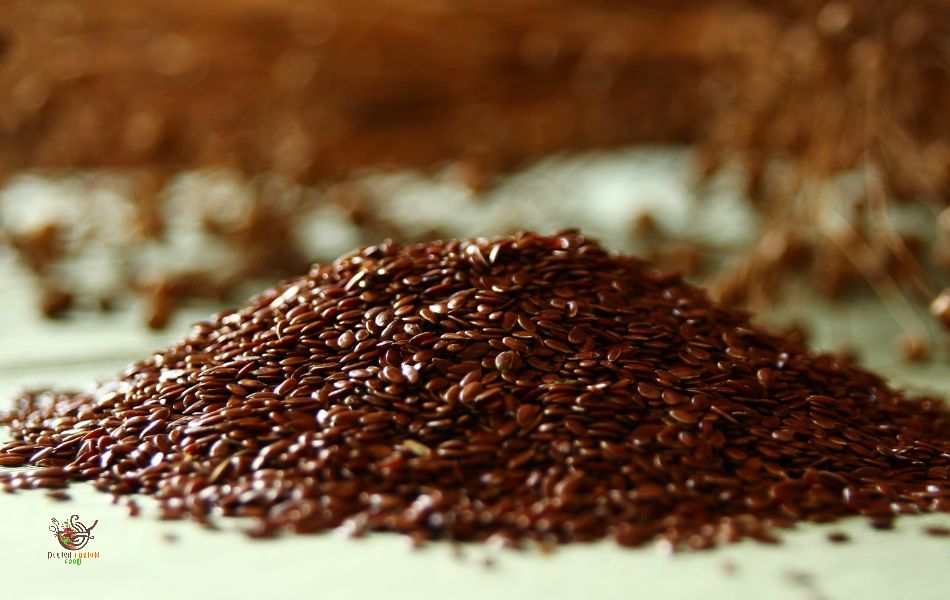
Chia seeds are a common vegan and vegetarian egg substitute, creating a gel-like texture when mixed with water. You can use ground flaxseeds the same way.
Ground flaxseeds are an excellent chia seed alternative, serving as a binding agent and offering a similar nutritional punch. They’re rich in fiber, ALA omega-3s, calcium, and potassium.
To replace one tablespoon of chia seeds, mix 1 tablespoon of ground flaxseeds with 3 tablespoons of water. Perfect for oatmeal, puddings, smoothies, or baked goods.
Psyllium Husks
Psyllium husk, derived from Plantago ovata seeds, is a fiber source. It’s a great way to boost fiber intake and curb hunger, similar to chia seeds, due to its high soluble fiber content.
Psyllium husk is crucial in gluten-free bread baking. It acts as a binding agent, providing the necessary properties for gluten-free bread dough to be kneaded and shaped without gluten. Unlike chia seeds, it’s less likely to cause bloating or gas.
You can find it mainly in powdered form, and it can replace chia seeds by mixing it with water to form a gel before adding it to recipes. A 1:1 ratio works well for smoothies, providing more fiber and nutrients without altering the taste.
Hemp Seeds
Hemp seeds, from the hemp plant, are ancient and used to be a vital crop. They have many health benefits, like regulating metabolism and supporting the immune system. Hemp seeds provide all essential amino acids and are fiber-rich, making them a complete protein source.
These seeds are versatile and commonly used in Asian, Middle Eastern, and European cuisine. They serve as a good chia seed substitute, adding crunch and protein to your dishes. Use them as toppings in baked goods, salads, yogurt, and breakfast, or to give a mild nutty flavor to cooked meals, swapping them for chia seeds in a 1:1 ratio.
Sesame Seeds
Sesame seeds come from the sesame plant and are a nutritious addition to various dishes, from baked goods to salads and desserts. They’re also the main ingredient in tahini, a vitamin-rich Middle Eastern paste.
Sesame seeds have a slightly stronger taste than chia seeds but work well as a crunchy texture substitute in many recipes. You’ll find three types: white, brown, and black, with white being the most common. These seeds are easily accessible in supermarkets and can replace chia seeds at a 1:1 ratio.
Quinoa
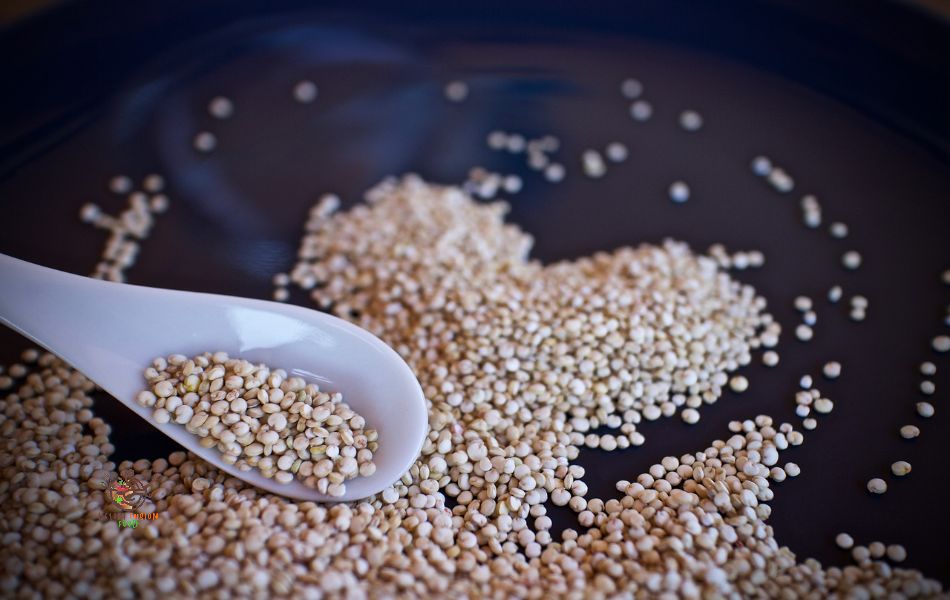
Quinoa, from the Chenopodium quinoa plant, is often seen as a grain but can replace chia seeds in specific recipes. It’s a complete protein source with all nine essential amino acids. Cooked quinoa can bring a distinctive texture and added nutrition to dishes like salads, soups, and breakfast bowls, serving as a versatile chia seed alternative.
For chia seed substitutes, consider using quinoa in puddings. Use the same amount of quinoa, but cook it in water for 15 to 20 minutes before adding it to the milk.
Sunflower Seeds
If you have nut allergies, consider sunflower seeds as a suitable chia seed replacement. They have a subtle taste and provide healthy fats, protein, and essential amino acids. You can grind or chop them for recipes like energy bars, smoothies, or salad toppings.
Oats
Rolled oats or oat bran can serve as thickeners in recipes like overnight oats or smoothies, although they don’t match chia seeds in terms of nutrition. Oats offer decent fiber and some protein. Use them in smoothies, baked goods, or overnight oats.
Amaranth
Amaranth seeds can replace chia seeds when you need texture. They’re small, with a mild flavor, and won’t create a gel but add some texture to your dish. You can use amaranth or chia seeds in a whole-grain breakfast porridge that’s nutritious and textured.
Yogurt
Many overnight oat recipes call for chia seeds but don’t worry if you don’t have them. Chia seeds are typically used in overnight oats to create a creamy texture similar to yogurt. If you’re out of chia seeds, replace half of the milk with yogurt and halve the milk amount. This works with both regular and plant-based yogurts. If you prefer to flavor your oatmeal yourself, choose unflavored yogurt.
Eggs
To save time and skip the process of creating a chia or flaxseed gel, you can use eggs as a straightforward alternative. While initially designed as a vegan egg substitute, the chia egg method works both ways. If your recipe calls for mixing 1 tablespoon of chia seeds with water, you can simply replace this step by adding one egg.
Gelatin
For thickening desserts or achieving a jelly-like texture, you can turn to unflavored gelatin as a substitute. Follow the instructions provided on the gelatin package for the correct usage. It’s perfect for thickening or creating that jelly-like consistency.
Cornstarch
Cornstarch can step in as a thickener in recipes that rely on chia seeds for binding. However, be mindful of the quantity and how you incorporate it, as it can slightly affect texture and flavor.
Glucomannan Powder
Glucomannan is a soluble dietary fiber that forms a gel-like texture, offering significant nutritional value. It’s an excellent alternative to consider.
Bananas
Bananas serve as a natural alternative to chia seeds. Their high natural sugar content and binding properties make them an excellent thickening agent. Mashed bananas create a gel-like consistency to replace chia seeds.
Poppy Seeds
Poppy seeds closely resemble chia seeds in appearance, making them a great choice for replicating the look of chia, especially in baked goods. They work well as chia seed substitutes in baking.
Black Sesame Seeds
Black sesame seeds, both nutritious and similar in appearance to chia seeds, are ideal substitutes in recipes where color and texture matter, be it in baking or cooking.
Using Chia Seed Substitutes in Recipes
When substituting chia seeds, you have a range of options for various recipes:
- Smoothies: Boost your smoothie with flaxseeds, hemp seeds, or sunflower seeds. Add a tablespoon or two for extra protein and nutrition.
- Baked Goods: In bread, muffins, cookies, and cakes, try flaxseeds, psyllium husks, or oat bran. They provide structure and binding properties.
- Puddings: Create a creamy texture in pudding with overnight oats, mashed banana, or avocado.
- Salads: Add crunch and texture to salads with sunflower seeds, pumpkin seeds, or quinoa.
- Other Uses: Substitutes like flaxseeds in bars and jams, oat bran in sauces and patties, and hemp seeds as snacks or in trail mix offer versatility.
Experiment with these options to discover the best substitutes for your recipes.
Frequently Asked Questions
What nutritional value do chia seeds offer?
Chia seeds are rich in fiber, protein, omega-3 fatty acids, antioxidants, vitamins (such as vitamin B), and minerals (like calcium and magnesium).
Is soaking chia seeds necessary before consumption?
While not mandatory, you can soak chia seeds in liquids like water, milk, or juice to create a gel-like texture or use them dry.
How many chia seeds should one eat daily?
The recommendation is 1-2 tablespoons (15-30 grams) per day, as part of a balanced diet.
Can chia seeds be used as an egg substitute in baking?
You can use chia seeds as an egg substitute in baking by mixing 1 tablespoon of chia seeds with 2.5 tablespoons of water until it forms a gel-like consistency.
How do chia seeds differ from quinoa?
Chia seeds are small, high-fiber seeds with omega-3 fatty acids, while quinoa is a protein-rich grain containing all essential amino acids.
What are other names for chia seeds?
Chia seeds are also known as Salvia hispanica and can be referred to as “running food,” “Indian Running Food,” “sabja,” or “falooda seeds” in some regions.
Can sunflower seeds replace chia seeds?
Yes, sunflower seeds can replace chia seeds in bread and crackers, using half the amount of sunflower seeds.
Is it necessary to grind chia seeds?
Chia seeds do not require grinding to access their nutrients, unlike flaxseeds.
Chia seeds are renowned for their health benefits, but there are valid reasons to consider substitutes. Options like flaxseeds, psyllium husks, and hemp seeds offer both nutrition and versatility in your cooking. Experiment and enjoy your favorite recipes without chia seeds.

